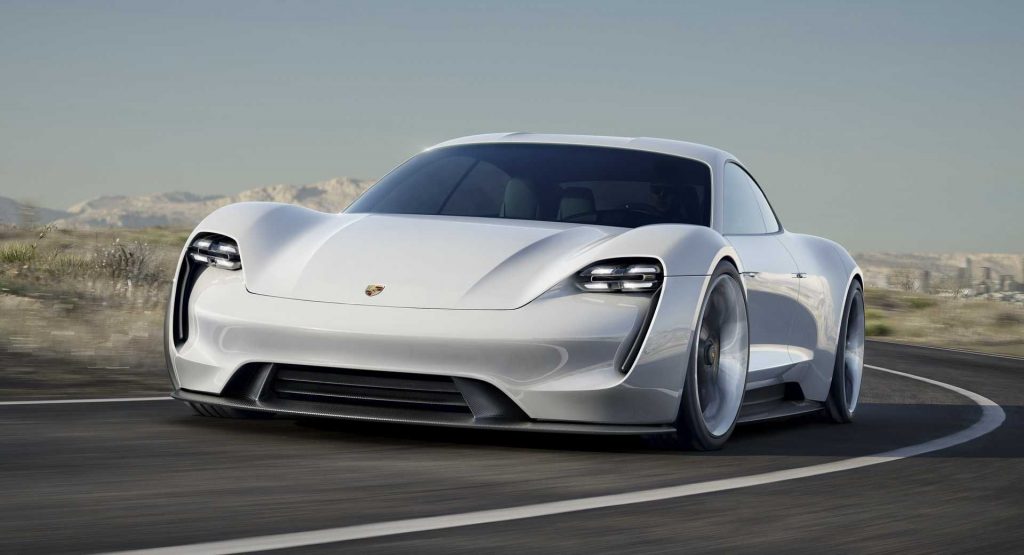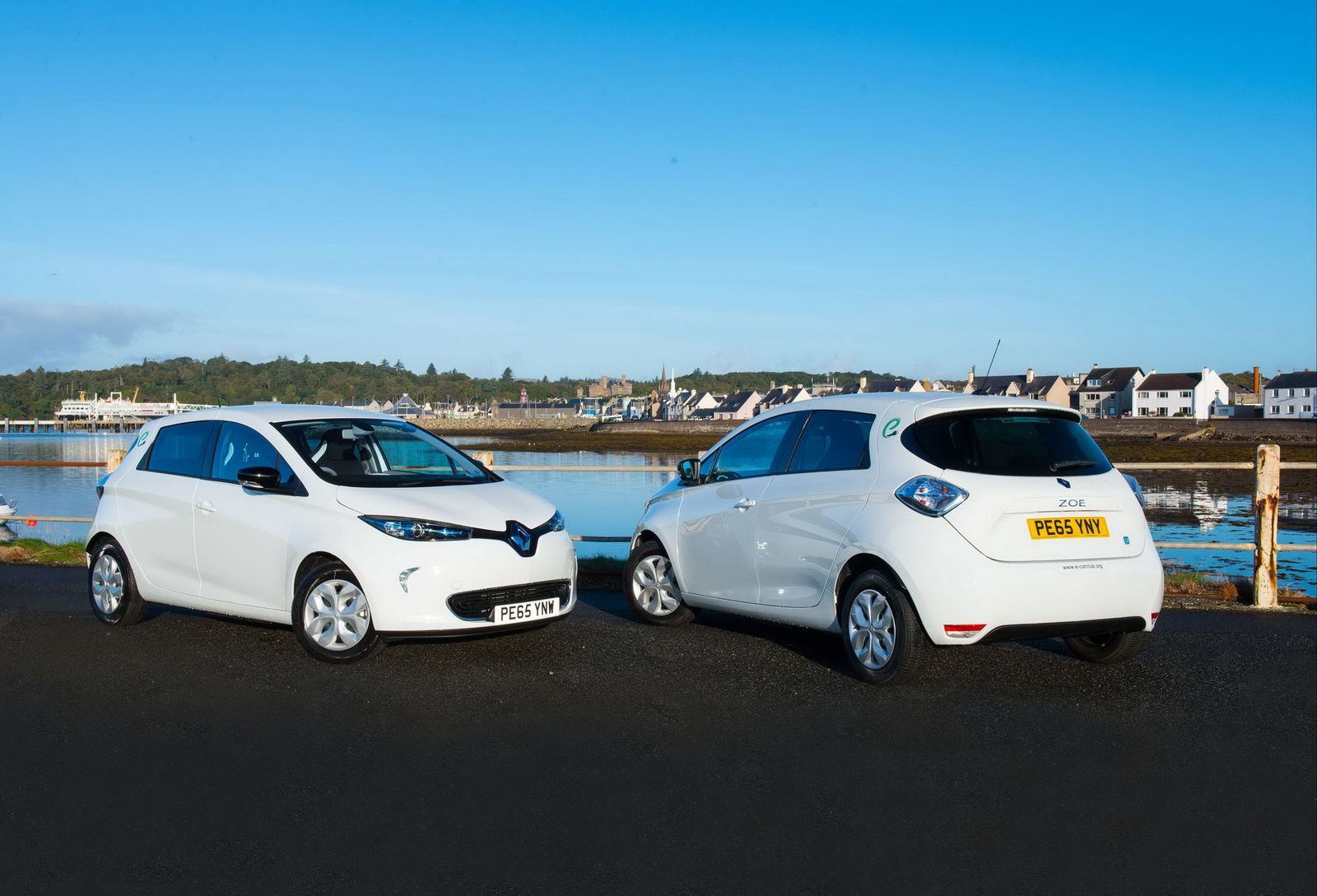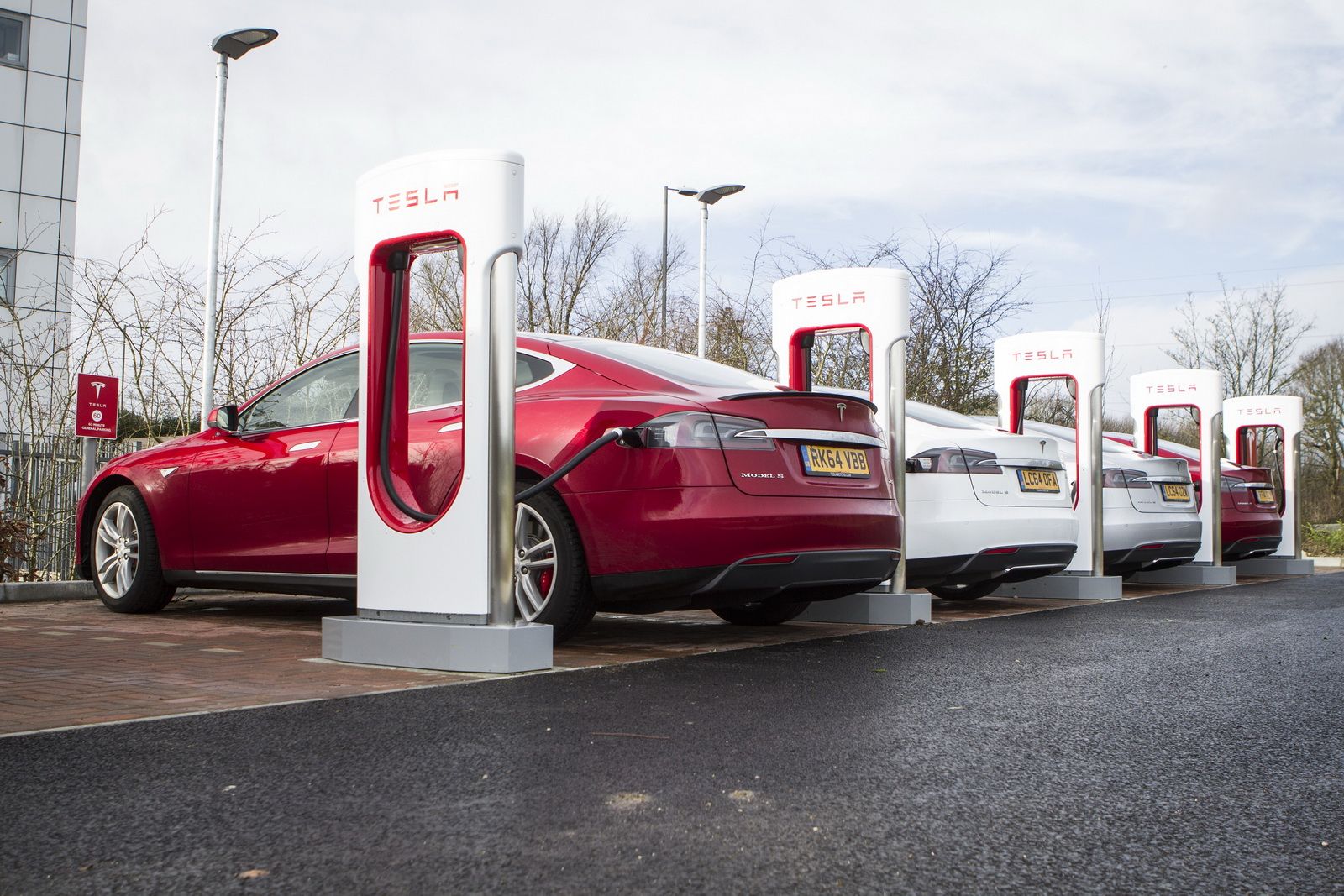A study from German trade unions and the auto industry claims that the switch to electric vehicles is putting 75,000 engine and gearbox manufacturing jobs in jeopardy throughout Germany.
According to the Fraunhofer Institute of Industrial Engineering, which was responsible for the study, 840,000 jobs in the country are in the automotive industry, 210,000 of which are related to powertrain production, Autoblog reports.
Companies including Daimler, Volkswagen, BMW, Bosch, ZF, and Schaeffler all provided data for the study, which asserts that it takes 30 percent less time to construct EVs compared to ICE vehicles.
Labor representative for Volkswagen, Bernd Osterloh, says this is because electric powertrains have just one sixth the components of vehicles with internal combustion engines.
If 25 per cent of all cars in Germany are electric by 2030, 15 per cent are hybrid, and 60 per cent petrol and diesels, 75,000 jobs are at risk, the study asserts. If EVs become more popular, more than 100,000 jobs will be jeopardized.
Osterloh also says that the problem is compounded by the fact that a battery factory needs just a fifth of the workforce of a traditional engine plant.
“By 2030 every second job in passenger car powertrain will be impacted directly or indirectly by electromobility,” German trade union IG Metall commented. “Politicians and industry now need to develop strategies to manage this transformation.”
The study also says that the country should be wary of giving technology away to rivals from China, Korea, and Japan. In particular, automakers who are leading the electrification push should be selling their tech to foreign companies instead of awarding contracts to them.






